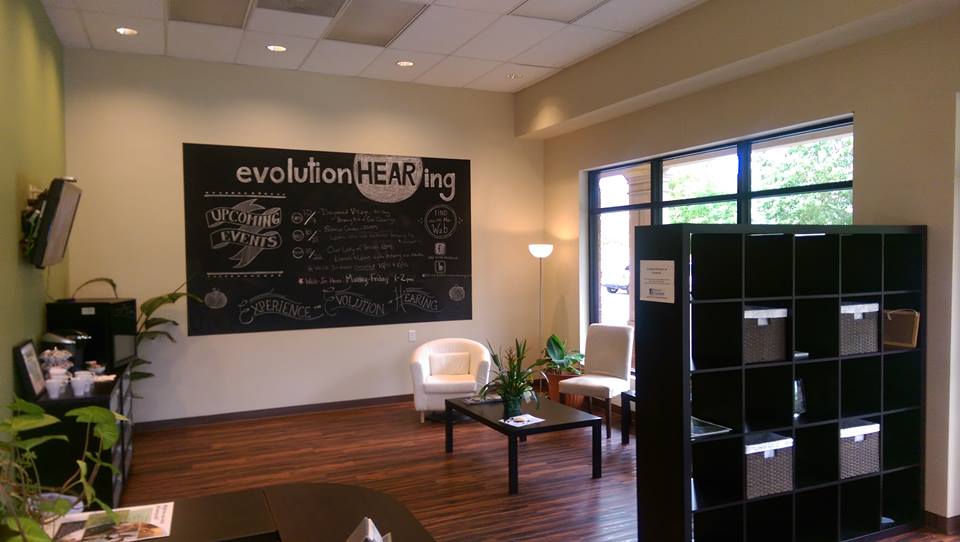After you’ve had your initial visit with your hearing care professional and you’ve been fitted with your hearing aid(s), it’s important that you keep up with your hearing care. Just like your overall health, your hearing health can benefit from routine maintenance. Routine visits are the perfect time to ask your audiologist questions or to have maintenance performed on your hearing aids to keep your quality of hearing at its best.
Here are some tips for getting the most out of your follow up visits:
- Be prepared to discuss your overall experience with your hearing aids. Are there specific things about them you like or don’t like? Were your expectations met or not? Have there been any situations or environments in which your hearing aids could work better for you? A good way to be fully prepared for this discussion is by keeping a detailed journal of your life with hearing aids so you can write down any concerns or questions as they arise. Things to note would be any new sounds you have heard since wearing your device or making note of environments or situations where your hearing aids work great or where they could work better.
- Thoroughly check the fit of your hearing aid. If there is a problem with the fit of your hearing aids, this will be the time to bring it up. Whether it’s a sore spot in your ear canal or maybe your hearing aids aren’t staying in place due to the wrong size tubing, your hearing care professional will be able to address these issues and fix them for you.
- Bring a third party to your appointment. Bringing a friend or family member with you can be very helpful. They can offer unique perspectives and additional insight or even take notes to help remind you of important information.
- Build a solid relationship with your audiologist. Your audiologist should be your biggest advocate in your journey to better hearing. It’s their job to help you maintain your hearing aids and answer any questions you have. They should also keep you updated on changing technology, provide advice and give you suggestions for aural rehabilitation. Your audiologist should be someone you can trust and continue to visit for follow-up appointments.
To schedule a follow-up appointment please call Evolution Hearing in Charlottesville, VA at 434-260-8007 or our Raleigh, NC location at 919-670-3258.



